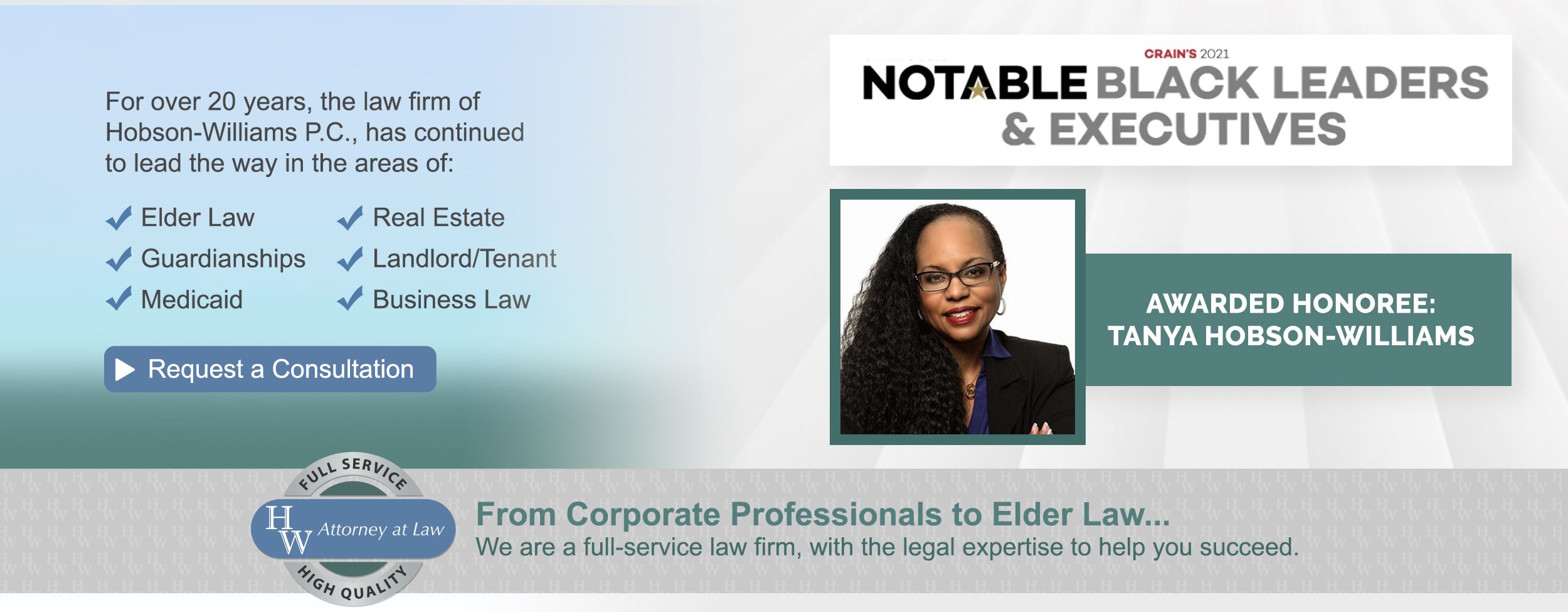For decades, older Medicare beneficiaries who suffer from mental health issues, such as depression, anxiety, and other conditions have received unequal coverage and treatment. Medicare, a program that provides health insurance for individuals over 65, has been paying a smaller share of the bill for therapy from psychiatrists, psychologists or clinical social workers than it does for medical services. But the disparate coverage may be a thing of the past sooner rather than later, as a result of the newest Health Laws.
As of Jan. 1, Medicare is required to pay the same amount for mental health care treatment as it does for most medical services. Although there have been steps forward before, this most certainly is the closest step taken by the government to close the gap in this vital program.
Under the 2008 Medicare Improvements for Patients and Providers Act, Medicare was required to cover a larger portion of the cost of outpatient mental health services which brought the requirements to about 50% of the cost of such treatment, and increased even further to 65% in 2013. But now, with the newest regulations, Medicare is required to pay 80% of the cost of mental health services, bringing coverage for those treatments in line with most medical services.
Andrea Callow, a policy lawyer at the Center for Medicare Advocacy, said, “Hopefully, older adults who previously were unable to afford to see a therapist will now be more likely to do so.”
Although the new provisions are deemed positive by many, there are still many elements that are considered lacking. Parity under Medicare remains incomplete, and hurdles still stand in the way of older adults receiving services. A 190-day lifetime limit on inpatient services at psychiatric hospitals is the most notable example. There is no similar cap on any other inpatient medical services provided through Medicare.
Additionally, critics argue that the new requirements do little to address an arguable shortage of mental health professionals who are trained to work with elderly U.S. residents who also accept Medicare insurance plans. Gary Kennedy, director of the division of geriatric psychiatry at Montefiore Medical Center in New York City, said, “There are a lot of mental health providers out there, but very few have training to work with older adults.” “Providers have little incentive to treat elderly patients because Medicare reimbursement rates are low compared with private insurers.”

















